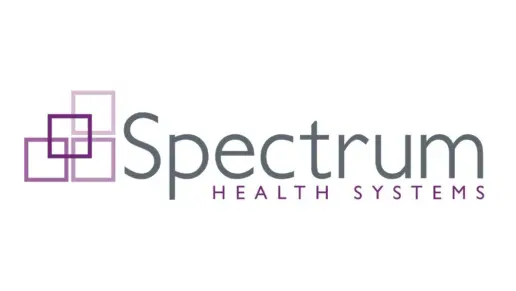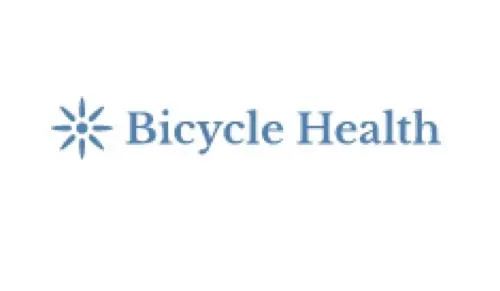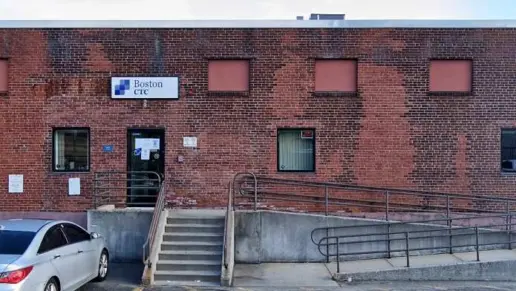I love the Two Rivers prgm, thus is my 2nd time here, this time I'm doing it for me and no one else. They remodeled the place. The staff has always been caring and supportive, I've been to a lot of prgms cause I'm in my 40s and this is by far the best. And they have NEVER t ...
About Two Rivers Recovery Center for Women
Two Rivers Recovery Center for Women, in Greenfield, Massachusetts, is a 12 step focused inpatient drug and alcohol rehab. They offer specialized services for trauma survivors, pregnant and postpartum women, women with young children, seniors, young adults, women with disabilities, civilly committed women, female veterans, and LGBTQ+ women.
Two Rivers Recovery Center for Women is a long term residential addiction treatment center for adult women in Greenfield, Massachusetts. Specialized programs for pregnant and postpartum women, trauma survivors, seniors, young adults, women with disabilities, women with young children, female veterans, LGBTQ+ women, and women with co-occurring addiction and mental illness are available.
The inpatient program at Two Rivers Recovery Center for Women allows women to focus on their recovery in a private, home like setting. Their 12 step focused, long term residential program ranges from six to 12 months. Clients engage in intensive, trauma informed individual, group, and family counseling. Clients also participate in extensive, recovery focused life skills training, including courses in coping, anger and stress management, self care, wellness, and relapse prevention. The program is also designed to prepare clients for successful reintegration into their homes, families, communities, and workplaces, with programming related to parenting, financial and household management, health and nutrition, and academic and vocational training.
TRRC promotes long-term recovery through robust wraparound care. Clients transitioning out of residential care receive customized aftercare support to align with their needs. This may include referrals for sober living and outpatient care, medical and mental health care, and social services.
Two Rivers Recovery Center for Women is CARF accredited. The community based nonprofit provides free and low cost services based on need and funding availability.
Facility Overview
Rehab Score
Gallery
Other Forms of Payment
Medicaid is a state based program that helps lower-income individuals and families pay for healthcare. Medicaid covers addiction treatment so those enrolled can use their coverage to pay for rehab. When a program accepts Medicaid the client often pays very little or nothing out of their own pocket.
Addiction Treatments
Levels of Care
Treatments
The goal of treatment for alcoholism is abstinence. Those with poor social support, poor motivation, or psychiatric disorders tend to relapse within a few years of treatment. For these people, success is measured by longer periods of abstinence, reduced use of alcohol, better health, and improved social functioning. Recovery and Maintenance are usually based on 12 step programs and AA meetings.
Addiction is a highly complex problem, and drug rehab in Massachusetts is often necessary to address it. These programs treat physical, mental, and relational issues that are involved. Treatment empowers individuals to manage these issues without the use of drugs.
Many of those suffering from addiction also suffer from mental or emotional illnesses like schizophrenia, bipolar disorder, depression, or anxiety disorders. Rehab and other substance abuse facilities treating those with a dual diagnosis or co-occurring disorder administer psychiatric treatment to address the person's mental health issue in addition to drug and alcohol rehabilitation.
Opioid rehabs specialize in supporting those recovering from opioid addiction. They treat those suffering from addiction to illegal opioids like heroin, as well as prescription drugs like oxycodone. These centers typically combine both physical as well as mental and emotional support to help stop addiction. Physical support often includes medical detox and subsequent medical support (including medication), and mental support includes in-depth therapy to address the underlying causes of addiction.
Substance rehabs focus on helping individuals recover from substance abuse, including alcohol and drug addiction (both illegal and prescription drugs). They often include the opportunity to engage in both individual as well as group therapy.
Programs



Clinical Services
Group therapy is any therapeutic work that happens in a group (not one-on-one). There are a number of different group therapy modalities, including support groups, experiential therapy, psycho-education, and more. Group therapy involves treatment as well as processing interaction between group members.
Life skills trainings involve all the skills a person must have in order to function successfully in the world. These include time management, career guidance, money management, and effective communication. Truly successful addiction recovery is based on the ability to not only live substance-free, but to thrive. Life skills teaches the practical necessities of functioning in society, which sets clients up for success in life, and therefore sobriety.
Trauma therapy addresses traumatic incidents from a client's past that are likely affecting their present-day experience. Trauma is often one of the primary triggers and potential causes of addiction, and can stem from child sexual abuse, domestic violence, having a parent with a mental illness, losing one or both parents at a young age, teenage or adult sexual assault, or any number of other factors. The purpose of trauma therapy is to allow a patient to process trauma and move through and past it, with the help of trained and compassionate mental health professionals.
Contact Information
148 Montague City Road
Greenfield, MA 01301


